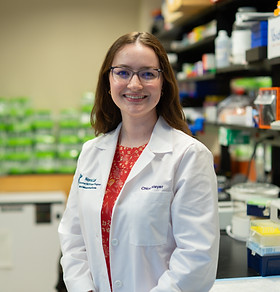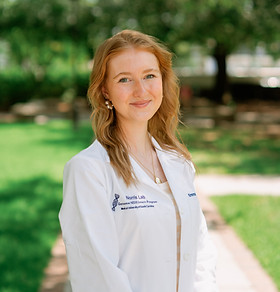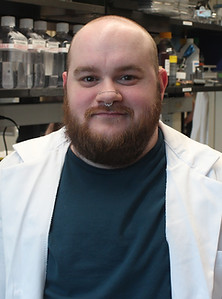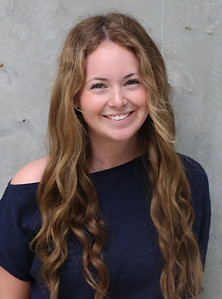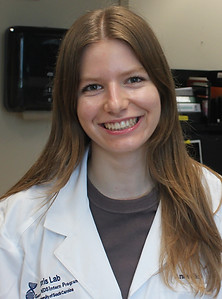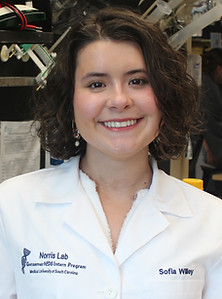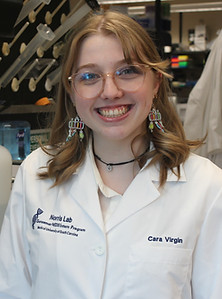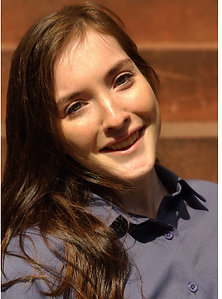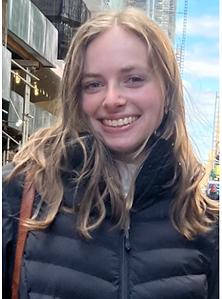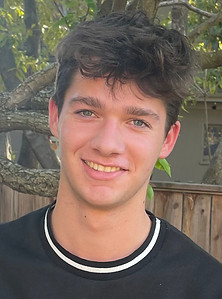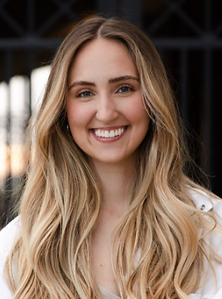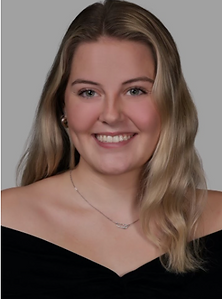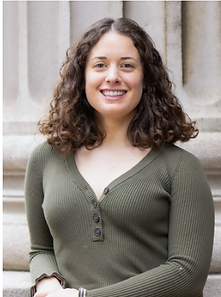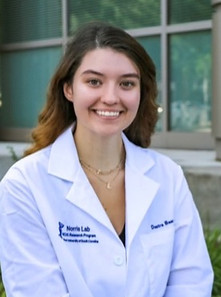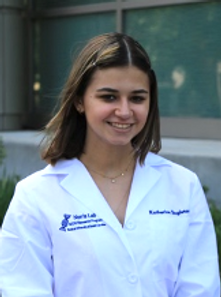The Gensemer Hypermobile
Ehlers-Danlos Syndrome Intern Program (HIP)
Developing the next generation of patient-scientists and physicians
WELCOME TO HIP 2026!
Since 2021, the Norris lab has hosted the Gensemer Hypermobile Ehlers-Danlos Syndrome Intern Program (HIP) each summer on the campus of the Medical University of South Carolina (MUSC) in Charleston, SC.
Applications are now closed for this year's program.
What is HIP?
The purpose of the HIP is to increase the critical mass of researchers studying and clinicians treating hEDS and empower patients with hEDS/HSD to be a part of the change. By doing so, we envision the acceleration of new discoveries that will better help researchers and clinicians understand the causes of these conditions to guide therapeutic discoveries.
The program is meant for individuals with a close, personal connection to EDS or HSD who are interested in pursuing graduate or medical education and contributing meaningfully to the EDS field. Selected participants will work on basic science (using genetic and molecular techniques), clinical research, or bioinformatics projects in a lab environment that will further our understanding of these conditions. Our primary goal in doing so is to provide you with a research experience in biomedical sciences that will enhance your scientific perspective and provide you with important “hands-on” experience beyond what you receive through your current training.
Interns are supported by a research team, led by Dr. Norris and consisting of graduate students, postdocs, medical students, research scientists, program staff, and other undergraduate or high school students working in the Norris lab.


The 8-Week Summer Program Includes:
Mentorship: Interns are supported by a research team, led by Dr. Norris and consisting of graduate students, postdocs, medical students, research scientists, program staff, and other undergraduate or high school students working in the Norris lab.
Individual Projects: All interns work on a summer-long individual project on a topic related to EDS. These projects are aspects of our ongoing research.
Journal Club & Seminars: Interns will participate in an hEDS journal club, attend lectures from leading experts in the field and present their project at the Summer Research Symposium.
Clinical Shadowing: Interns have the opportunity to shadow leading experts in EDS healthcare in the clinic and operating room.
Networking: Interns will be able to network with others in the field and become part of the Norris lab Patient-Scientist network.



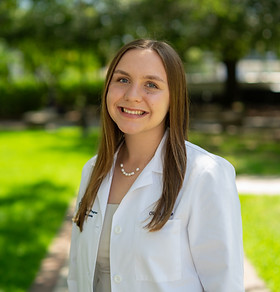
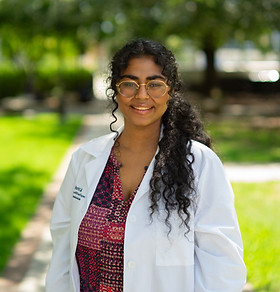
.jpg)
